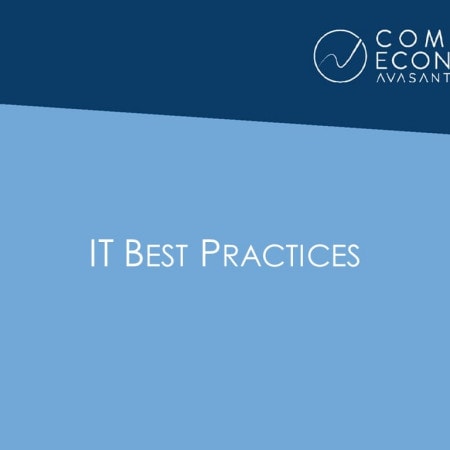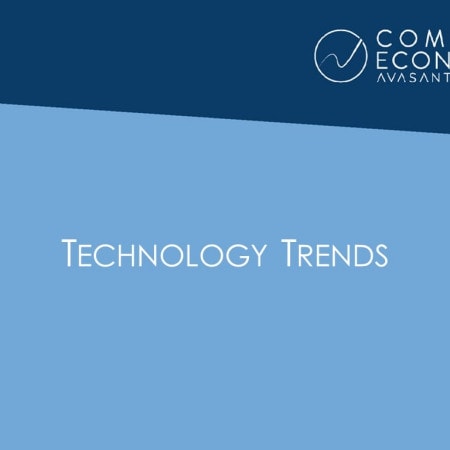-

Investment Software Vendors Settle FTC Charges
In January 2001, an investment trading software company that used theoretical past earnings charts to sell a high-priced software program agreed to settle Federal Trade Commission charges that its claims were deceptive, in violation of federal law. The proposed settlement requires substantiation for any future earnings claims; bars misrepresentations that simulated earnings data represent actual trading results; and requires prominent disclosure of the high-risk nature of stock trading.
September, 2002
-

Legal Protection for Copyrighted Material Online (Feb 2001)
The Digital Millennium Copyright Act provides some new approaches to protect copyrighted material on the Internet. In particular, for sites which employ products or services to prevent unauthorized access to copyrighted works (such as video, audio, text files, or computer software) or which use a digital rights management system to identify and control access to copyrighted works, these laws allow for lawsuits (and in some cases file criminal charges) against those who are violating these sections.
September, 2002
-

Video on Demand Hits the Internet (Mar 2001)
Full length movies are destined for Internet distribution, whether by streaming, by download, Napster-style file sharing, or some combination of means. Internet companies and movie studios alike are now making this a reality.
September, 2002
-

Legal Guide: Use of Trademarks Within Metatags (Apr 2001)
Metatags are HTML code contained in a website but not visible to Web users. Search engines use "descriptive" and "keyword" metatags to identify sites that correspond to terms entered in the search fields. Many companies list their trademarks, such as the company name or names of its products or services, in their website's metatags. This is especially useful if Web users are likely to know a company's trademarked product, such as Post-Its, but may not know the company's name or domain name.
September, 2002
-

Internet “Pagejacker” Settles FTC Charges (Apr 2001)
Australian defendant, Gregory Lasrado, has agreed to settle Federal Trade Commission charges that a scheme that hijacked unwitting Internet surfers violated the FTC Act. Lasrado participated in a scam that copied existing websites and inserted coded instructions in the copycat sites which automatically redirected consumers to adult sites operated by the defendants. Then the scammers disabled the browser's "back" and "exit" commands so that Internet surfers trying to escape the pornographic images faced screen after screen of similar material and advertisements for other adult sites.
September, 2002
-

SEC Settles Securities Fraud Action Against Tokyo Joe (Apr 2001)
In March 2001, the Securities and Exchange Commission (SEC) settled the enforcement action it brought in 2000 against Yun Soo Oh Park, the Internet stock picker known as "Tokyo Joe," and the company Park controls, Tokyo Joe's Societe Anonyme Corp.
September, 2002
-

SEC Charges 23 Companies and Individuals in Broad Spectrum of Internet Securities Fraud (Apr 2001)
In March 2000, in its fifth nationwide Internet fraud sweep, the Securities and Exchange Commission (SEC) announced 11 enforcement actions against 23 companies and individuals that used the Internet to defraud investors.
September, 2002
-

Internet Service Providers: Are User Identities Still Sacred? (May 2001)
Are user identities are still sacred? One federal court judge in Seattle believes so. In what free speech proponents are hailing as a major First Amendment victory, a federal court in Seattle recently held that an Internet Service Provider could not be compelled to disclose the identities of certain of its users.
September, 2002
-

Online Security: Private Sector Lags Behind Public (Jun 2001)
Everyone has seen the weekly headlines about Internet security breaches, attacks on websites, and information pilfering. Many companies discount the risk of such activities, assuming either that they are adequately protected, or that the attackers themselves simply lack any reason to target them. Neither assumption is a safe one, and the federal government may be ahead of the private sector in figuring this out.
September, 2002
-

Maintaining Online Privacy During the War on Terrorism (Nov 2001)
In the aftermath of the despicable terrorist attacks of September 11, the federal government moved quickly to propose legislation which would expand its authority to track certain types of information in connection with anti-terrorist investigations. Of course, in the Internet era, a major component of such expanded powers necessarily would relate to online activities. The prospect of increased monitoring quickly raises concerns among civil libertarians, businesses, and individuals alike. What will these mean for online business?
September, 2002
-

Internet Tax Moratorium in Jeopardy (Dec 2001)
A long-term policy for the tax treatment to be applied to online transactions continues to elude federal legislators. Leaders in Congress are scrambling to give themselves, and the states, more time to reach a consensus. The House Judiciary Committee introduced a tax moratorium extension measure, which would extend the ban on placing duplicative or discriminatory taxes on Internet services for two years. A similar two-year extension has been proposed in the Senate, where a compromise eight-month extension was rejected just days before the end date for the original tax moratorium. With that rejection, the moratorium expired on October 21, 2001.
September, 2002
-

Net Moves Toward Self-Regulation of Content (Dec 2001)
Website operators are constantly faced with a myriad of content regulation issues in the conduct of their business. One key issue has been whether the industry will yield to external, governmental regulation, or if it will devise a means of self-regulation. Approximately a year ago, a not-for-profit organization based in the U.K. announced a refined version of its Internet rating system, designed to help identify website content in a behind-the-scenes manner.
September, 2002
-

Domain Name Disputes: Pick Your Battles…and Your Battleground (Jan 2002)
Domain name registrants and trademark holders seeking a forum in which to wage a domain name dispute have only a few options. In late 1999, the Internet Corporation for Assigned Names and Numbers (ICANN) created a domain name dispute resolution system, and already more than 5,000 complaints have been filed by trademark holders seeking to gain control of domain names which they believe infringed their rights. This system, the Uniform Dispute Resolution Policy (UDRP), provides for neutral third party arbitrators to preside over such disputes. However, these non-judicial proceedings may be biased in favor of trademark holders, and such decisions remain subject to review in the courts.
September, 2002
-

O Broadband, Where Art Thou? (May 2002)
For several years now, we have been told that widespread adoption by consumers of broadband Internet access is on the horizon, but that horizon never seems to draw closer. Broadband services are available to more than half of the population of the United States, and yet less than ten percent are subscribers. When can the Internet business world expect to see its user base embrace broadband?
September, 2002
-

Click-Through Contracts: How to Make Them Stick (Sep 2001)
A "Click-Through" agreement is any legal document contained within computer software, whether online or offline, by which the vendor seeks to enter into a binding contract with the user of that website or software. Instead of scribbling your "John Hancock," you click a button, check a box, or otherwise indicate your electronic assent. As a relatively new form of contracting, these electronic agreements have created a dilemma for lawmakers and have resulted in several lawsuits. For the vendor, creating an enforceable agreement requires familiarity with these decisions to see what works, and what does not.
September, 2002

 Grid View
Grid View List View
List View